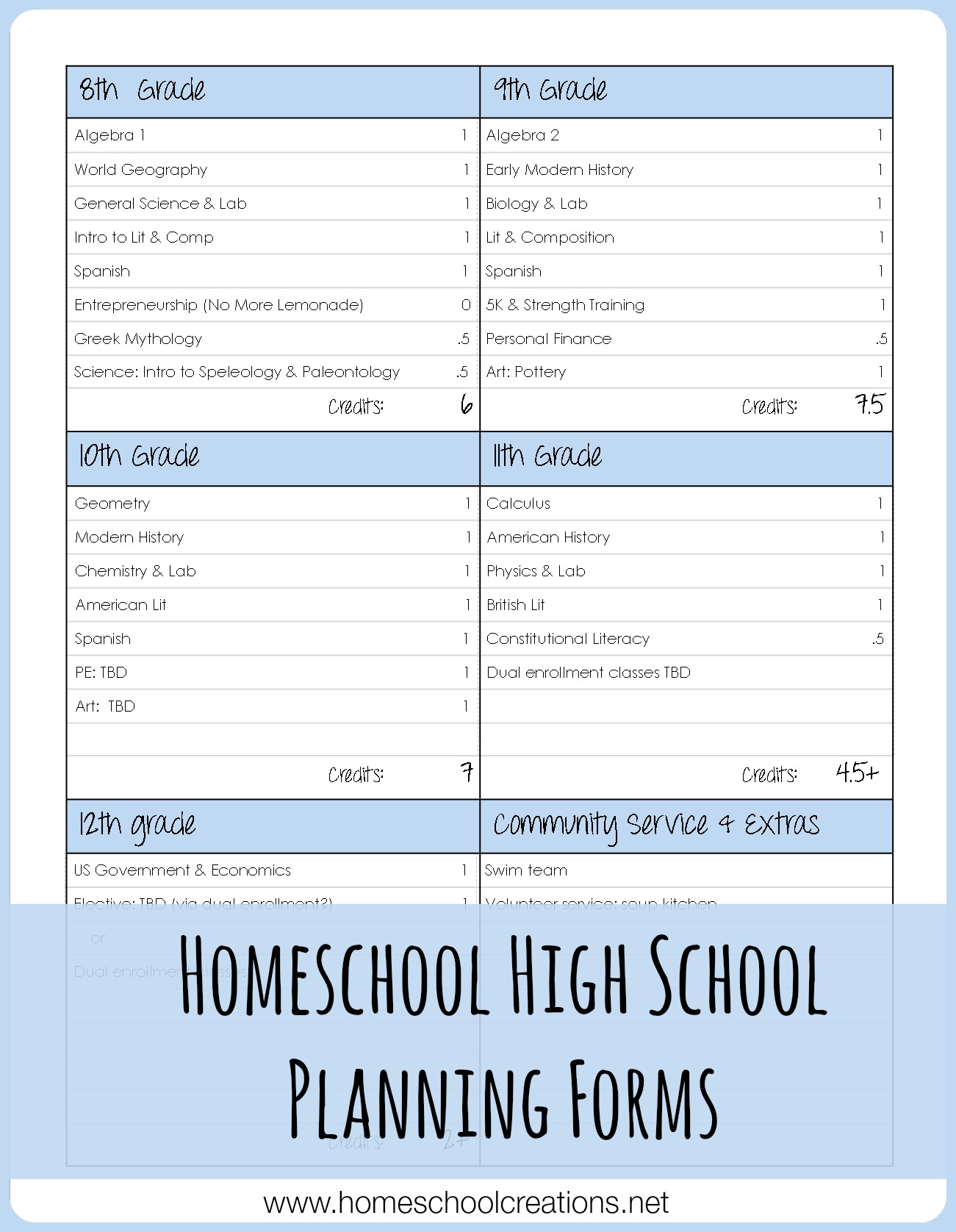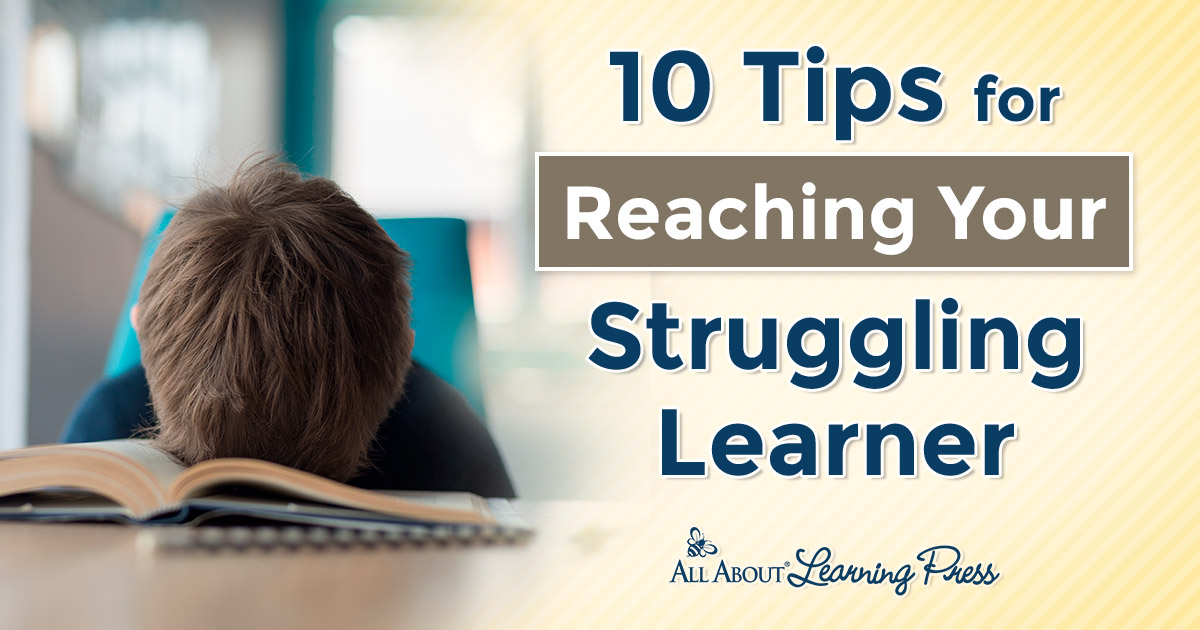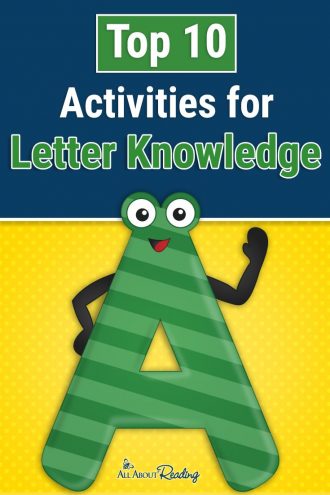- Like
- Digg
- Tumblr
- VKontakte
- Buffer
- Love This
- Odnoklassniki
- Meneame
- Blogger
- Amazon
- Yahoo Mail
- Gmail
- AOL
- Newsvine
- HackerNews
- Evernote
- MySpace
- Mail.ru
- Viadeo
- Line
- Comments
- SMS
- Viber
- Telegram
- Subscribe
- Skype
- Facebook Messenger
- Kakao
- LiveJournal
- Yammer
- Edgar
- Fintel
- Mix
- Instapaper
- Copy Link
The following is a guest post from Kris of Weird, Unsocialized Homeschoolers, a woman I consider a good friend. Kris is walking the homeschooling high school journey and has some great tips and encouragement for you today.


There’s nothing that can strike fear in the heart of a veteran homeschooling parent like the thought of homeschooling high school. Despite what may be years of successful homeschooling, thinking of high school can bring all the fears and doubts of the early years resurging in a homeschool parent’s heart.
Standing on the other side, with one child preparing to graduate, I feel a bit more confident as I prepare to head into the high school years with my younger two. Are there things we could have done better or that I wish we’d done differently? Absolutely.
Overall, however, I feel good about our first attempt at homeschooling high school and I’m happy to share the benefit of our hindsight with you.
Use 8th Grade as a Trial Run
One of the things we did right – and that I plan to repeat next year with my son – was to use 8th grade as a practice year. Before the official record-keeping begins, this last year before high school is the time to:

Start keeping transcripts.
Eighth grade is the time to learn how to record high school transcripts. This allows you to work out all the kinks before it really matters. This is also when you should figure out how to determine high school credits.
Try out classes.
If you’re thinking about using online classes, have your student take a similar course in 8th grade. If you’ll be using a co-op or other outside classes, see if they offer middle school classes. This provides the opportunity to see if the class is a good fit for your student before you need it for your high school transcript.
Use the curriculum.
If you’re planning to change curriculum for high school, use something from that publisher at the middle school level. You can even use a high school level course if your student is ready for it and give him credit on his high school transcript if your state or prospective colleges allow it.
We lost some valuable time with my daughter when we had to abandon a poor-fitting curriculum mid-year and seek a different route.
Let College Admissions Provide the Framework
I like what Lee Binz (The HomeScholar) says about providing a college prep high school education for homeschooled students: “Rigorous academics could benefit children even though they are not planning for higher education. Without college, a homeschool education could very well be the only formal education a student will be given.”
If your child isn’t planning on attending college, his homeschool education will be the highest level of formal learning he will complete. Therefore, by making the education you provide be the best it can be, you’ll be giving your child the tools he needs to succeed in the workforce. And, he’ll be ready for college if he changes his mind and decides to attend.
If your child has a specific college in mind, find out what their admissions requirements are and let that be your guide for planning his high school classes. Otherwise, find out what your state’s graduation requirements are. I’ve discovered that our state no longer offers different types of diplomas (i.e. college prep or vocational). Every student has the same academic requirements. I don’t necessarily agree with that, but it is something I’ve taken into account when planning for high school.
Let Your Student’s Interests Guide You
One thing that I really regret is waiting so long to allow my daughter’s interests to guide our choices for high school. I was trying to fit her into the mold, rather than figuring out how to work her interests into the framework on which we were building. Once I let her interests take the lead, her whole attitude toward school changed – well, except for algebra. She still hates math.
The World Wars were a huge area of interest for her. With some great spine books, we were able to pull in some fabulous literature to create quality interest-led high school courses.
Don’t forget electives. Electives provide a chance for your child to explore hobbies, talents, and natural bents that could ignite a passion and give him direction for a future career.
Have a Plan for Algebra and Chemistry
Algebra and chemistry can be scary words when you’re a homeschool parent wondering how to teach upper level math and science to a homeschooled high school student. There are a variety of teaching options, though if these {or any other} subjects intimidate you.
Find a tutor.
Hiring a tutor doesn’t have to be expensive. Look for a college student or a teacher looking to earn a little money on the side. You might even find a slightly older friend or relative who would be willing to help. I still remember my daughter asking a friend to help her with a difficult algebra problem. It had been a lot less time since he’d taken algebra than it had been for my husband and me!
Learn together.
I’ve had many homeschooling moms tell me that some of the courses they struggled with in high school came to them much more easily the second time around as they learned alongside their student. A teacher’s manual and an answer key can go a long way toward making hard subjects a little easier.
Consider a co-op.
When we do lab-based sciences with my younger two kids, we’ll look for a co-op setting. It may be an online co-op, local homeschool classes, or a group of friends who get together once a week. Whatever it looks like, though, we’ve learned that science labs need a partner or two – and careful planning ahead-of-time.
The thought of homeschooling high school can be overwhelming, but with some careful planning and detailed record-keeping it’s not as stressful as it sounds. And, when done well, homeschooled students can have one distinct advantage over their public-schooled peers: They have the opportunity to learn time management and self-motivation skills that a traditional high school setting doesn’t encourage.
I’ll leave you with one final truth about which I keep reminding myself (God has reminded me a time or two, also): Homeschooling is about much more than academics. We need to provide the best academic foundation for our students that we can, but graduating a student of strong character who has learned how to learn is just as important as what’s written on his or her transcript.
Kris has written a series on Homeschooling in High School that you will want to check out. The series covers topics such as figuring out coursework, determining credits, dealing with transcripts, sports, diplomas, and more.
Need some planning help? Be sure to download a copy of the free homeschool high school planning forms to help you out!
___________________________________________________________________
 Kris is the classically eclectic, slightly Charlotte Mason homeschooling mom to three amazing kids, the Christ-following, sweet tea addicted wife to one unbelievably supportive husband, and the formerly obese, couch-potato-turned-healthy runner of a bunch of 5K races and two half-marathons. She blogs at Weird, Unsocialized Homeschoolers.
Kris is the classically eclectic, slightly Charlotte Mason homeschooling mom to three amazing kids, the Christ-following, sweet tea addicted wife to one unbelievably supportive husband, and the formerly obese, couch-potato-turned-healthy runner of a bunch of 5K races and two half-marathons. She blogs at Weird, Unsocialized Homeschoolers.
You can find Kris engaging her social media communities on Facebook, Twitter, Google+, and Pinterest.
___________________________________________________________________
This post is a part of the Homeschool Basics series. Be sure to read the other posts if you are just joining in.










 The printables shared on this site are FREE of charge unless otherwise noted, and you are welcome to download them for your personal and/or classroom use only. However, free or purchased printables are NOT to be reproduced, hosted, sold, shared, or stored on any other website or electronic retrieval system (such as Scribd or Google docs). My printables are copyright protected and I appreciate your help in keeping them that way.
If you download and use some of my printables and then blog about them, please provide a link back to my blog and let me know - I'd love to see how you are using them! Please be sure to link to the blog post or web page and not directly to the file itself. Thank you!
The printables shared on this site are FREE of charge unless otherwise noted, and you are welcome to download them for your personal and/or classroom use only. However, free or purchased printables are NOT to be reproduced, hosted, sold, shared, or stored on any other website or electronic retrieval system (such as Scribd or Google docs). My printables are copyright protected and I appreciate your help in keeping them that way.
If you download and use some of my printables and then blog about them, please provide a link back to my blog and let me know - I'd love to see how you are using them! Please be sure to link to the blog post or web page and not directly to the file itself. Thank you!
Great post, Kris,. Thanks! Sharing with our homeschool group near you.
having graduated three now, i concur with all of this. We did count some of the eighth grade work as high school credit, and no one blinked an eye at it. i will warn you though, that my kids ended up with many more credits than their public school counterparts and this can cause some scholarship issues later on. and doing some duel enrollment senior year for at least the last half at the local community college, was also quite helpful and eye opening for the students.
thanks for the tips, Connie.
Yes, I should have mentioned dual enrollment. It wasn’t a good fit for my daughter, but I’ve known many homeschooled kids who’ve done great with it. It’s something I’ll definitely consider for my youngest. And, I’m glad you agreed with the tips, Connie. With my older daughter being my first (soon-to-be) graduate, sometimes I’ve felt like we’ve bumped out way along blindly. I think it will be much easier the next time around.
Just stopping by to leave you a little blog love!! Thanks for your continual contribution to the homeschooling community….I’ve been enjoying your posts for a while now ;)
Thanks so much, Ellen. :)
Thank you so much for sharing all of this! It would have never crossed my mind to work with the college ahead of time to make sure things matched up. Not that I know at this point if my special needs kids will go to college, but it’s nice to understand a little bit more!
I understand about not being sure if your child will go to college. I do love Lee Binz’s tip about that, though – plan as if they will. You never know and at least you’re prepared that way.
My business partners were requiring NV DMV Form MC366 last year and were told about a company that has lots of form templates . If you need to fill out NV DMV Form MC366 too , here’s
https://goo.gl/qK7b8mIm just starting to homeschool for my 11th grade daughter for the first time. You mentioned high school homeschool students being able to follow their hobbies as a part of their electives. But I can’t find many examples of what people are counting as electives. Where can I look?
Photography, filmmaking – you name it! Kris has a great post here that might help: https://www.weirdunsocializedhomeschoolers.com/how-to-assign-high-school-credit-for-electives/
If u are able to give some personalized help, I would really appreciate it. Thanks. I will have a 9th, 10th, 4th and kinder this year